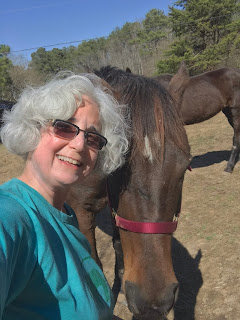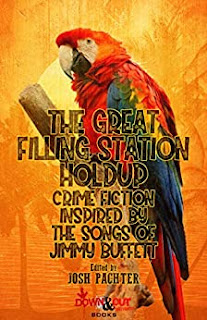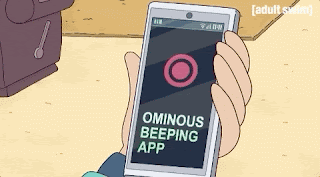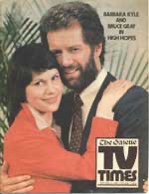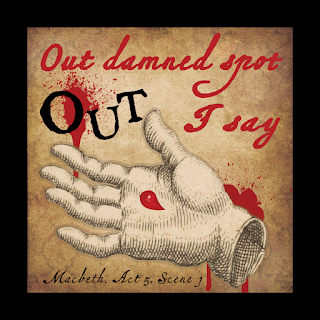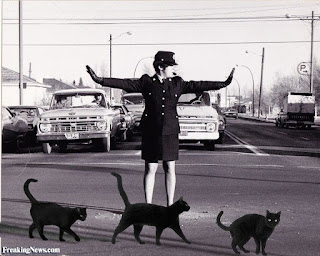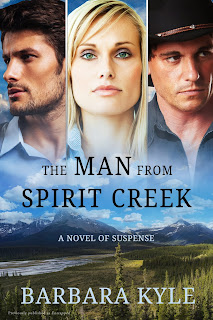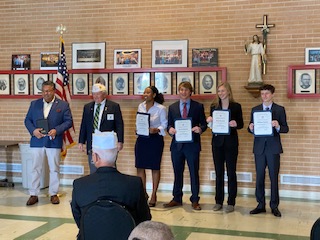The Path to Sanity—T.K. Thorne
Writer, humanist,
dog-mom, horse servant and cat-slave,
Lover of solitude
and the company of good friends,
New places, new ideas
and old wisdom.
The world fell apart in March 2020. I was at a writers
conference in California on the opposite side of the country from home (Alabama). One day
after the start of the conference, I flew home. Two people in the airport wore
masks. The rest of us tried to follow the advice “don’t touch your face.” My nose has never itched so much.
Over the year, my grandson was born . . . without me. Another daughter had to
spend months in the hospital with her dying father . . . without me. Many
people suffered much worse. So far, I have not lost any family. Actually, I’m am
very close to the oldest in what’s left of my family. In the past year, I have
been inside exactly one public place. How bizarre.
My mind has done some kind of trick where I can now see the
death numbers posted on the side of the T.V. without feeling like I can’t
breathe. That’s a good thing, right? Maybe
not. I try to not to watch the tributes to individuals because then I can’t
breathe again.
Where lay the path of sanity? It was a windy one. The muse deserted
me. I could not put pen to paper except
to edit and to write this blog. Fortunately, I had a lot of material to edit,
but the more days that have turned into weeks and month, the drier the well of
creativity seemed. I had finished my police-witch trilogy (book two, House
of Stone) and the eight-year nonfiction project (Behindthe Magic Curtain: Secrets, Spies, and Unsung White Allies of Birmingham’sCivil Rights Days. I finished a rewrite of an old manuscript
and had no idea where to go next. I felt aimless, adrift. Everything had a surreal quality.
The first thing I did that gave me a little peace was plucking
debris and tiny plants from the green moss on the brick walk from the driveway
to the front door. It took hours; its
only purpose was to create a little temporary beauty, but doing it calmed
something inside me.
Then I took up the WW, the war on wisteria, a vine that had
eaten half my back yard and uprooted several trees. This took months of back-breaking
work. Wisteria sends vines out
underground that pop up yards away, making nodes along the way that each grow
deep roots straight down. You can pull up one section, but any piece that
survives can and will repopulate. I learned to know and love a tool called a mattock. Some days I could only do a tiny amount. But the harder I worked and the more exhausted I was, the better I slept and
breathed. But I don’t recommend this as a therapy. Never plant wisteria, at
least not the Chinese or Japanese variety.
The Wisteria War lasted through the summer and into fall. I
decided to let the back yard become a wildflower garden (except for wisteria)
and planted some old seeds that had been sitting out in my garage. We’ll see if they germinate.
One thing I really missed was my twice-weekly martial arts
class. Sometime in November, I decided to learn tai chi, which is practiced
solo. You have probably seen old people doing it in a park. I learned it from Youtube
videos, and whenever I felt trapped or anxious, I went through the movements.
I did it three or four times a day, and it focused me on the present.
Over the winter, I lost my mind and adopted two rescue
horses off the track, a Thoroughbred and a Standardbred—Foxy and Nickie Jones. I
bought Foxy sight unseen from a Facebook picture at a “kill pen” in Louisiana.
Her next step would have been dog food (in Mexico). She is a beautiful bay,
although we’ve been working on a skin infection that even affected an eyelid. It’s
all getting better. Nickie Jones was an older lady who traveled with her but
when she arrived in Alabama, her purchaser backed off because she was injured
and malnourished. So, we took her too. Preparation for their arrival took weeks
of cleaning out the old barn and working on the overgrown arena and round
pen. Focusing on preparing for them and
taking care of them has occupied me and my husband for several weeks now. But I
am smitten!
Then a good friend introduced me to a form of art called Zentangle. It is done on little 3×3 inch pieces of stock paper—tiny art. I
played with it and decided to add colors. Because it is so small, it is not
intimidating like a big canvas would be. I’ve never done any “art thing” beyond doodling, but I’ve always wanted
to. They may not be great masterpieces, but the world fades away when I am working on one.
But still fresh words eluded me. No stories pushing to be born.
Then a friend I never met at that writer’s conference in California (we
were supposed to be on a Law Enforcement panel together) emailed me and asked
if I were interested in submitting a short story to an editor in Australia who
is putting together a crime anthology featuring law enforcement authors and wanted
some submissions from women. I am both of those things—an author and a cop, a retired
one anyway, a short, gray-haired old lady. I agreed to submit a story.
The catch is I had to write it. I had
to create it. I told myself—this is like the tiny art. It’s a short story, not a novel. Even so, I was
totally blank. But I promised, so I had to do it. One word at a time.
I was delighted and surprised that the words came. It’s about a short,
gray-haired old lady who is an ex-cop, a martial artist, and a horse woman who
witnesses a murder. I’ve sent it off. Maybe I’ll do another short story or maybe I have found a character who could support something longer?
I hope this helps you find your way through.
T.K. is a retired police captain who writes books, which, like this blog, go wherever her interest and imagination take her. More at TKThorne.com



